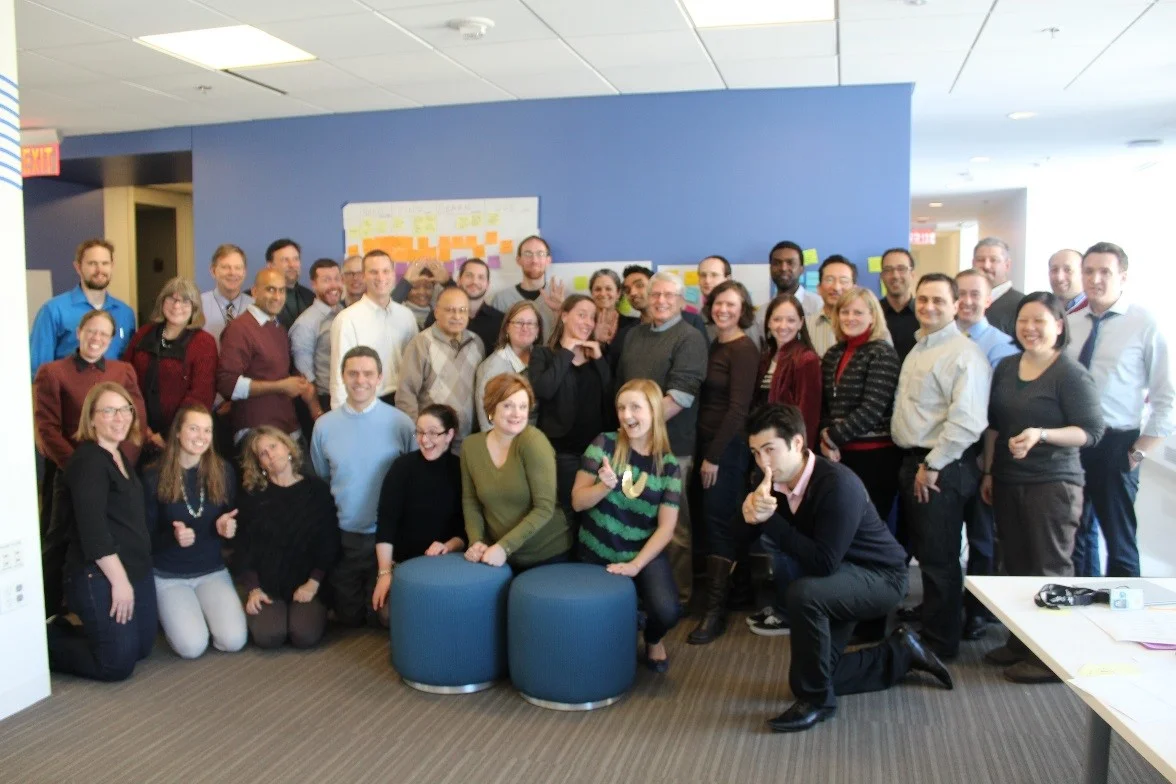Implementing an innovative approach within the federal government takes relentlessness, stamina, and strategy. It can be incredibly lonely. You are often your own best champion. It can feel impossible-- like being the underdog trying to win a sporting match. But after all the frustrations and setbacks, when you win that first match it is also overwhelmingly satisfying.
But for the change agents in government, winning the first match is not enough. To make innovative approaches more routine, winning one match is just the beginning. The scaling challenge begins when you try to win over and over—and when you try to get more people to join your team.
Read MoreYesterday, in conjunction with the 6th White House Science Fair, the White House announced that the U.S. General Services Administration (GSA) has partnered with the Woodrow Wilson International Center for Scholars (WWICS), a Trust instrumentality of the U.S. Government, to launch CitizenScience.gov as the new hub for citizen science and crowdsourcing initiatives in the public sector.
Read MoreThe White House, the Federal Community of Practice on Citizen Science and Crowdsourcing (CCS), and the General Services Administration (GSA)’s Challenge.gov program have been working diligently over the last two years to deliver on previous commitments. This work was highlighted in a series of events this fall designed to build momentum both within and outside the Federal government for more ambitious, cross-sector applications of open innovation approaches.
Read MoreWhen you, are prepared, the nation is prepared. There are many ways that you can prepare – and help prepare your family, school, and/or workplace – for disasters that may happen where you live.
Read MoreOnly a small fraction of Americans are formally trained as “scientists.” But that doesn’t mean that only a small fraction of Americans can participate in scientific discovery and innovation. Citizen science and crowdsourcing are approaches that educate, engage, and empower the public to apply their curiosity and talents to a wide range of real-world problems. To raise awareness of these tools and encourage more Americans to take advantage of them, the White House Office of Science and Technology Policy and the Domestic Policy Council will host “Open Science and Innovation: Of the People, By the People, For the People,” a live-webcast forum, on Wednesday, September 30th.
Read MoreThe 5th White House Science Fair, the gave the Obama Administration and a broader community of companies, non-profits, and others an opportunity to announce new steps to increase the ability of students and members of the public to participate in the scientific process through citizen science. One of these commitments came from the White House itself, showing that anyone, anywhere can participate in citizen science!
Read MoreEvery day, citizens like you help career scientists advance scientific discovery and understanding of the world around us. Two recent success stories demonstrate the enormous value of citizen science contributions.
Read MoreOn November 21, 2014, the Office of Science and Technology Policy (OSTP) kicked off development of the Toolkit with a human-centered design workshop. Human-centered design is a multi-stage process that requires product designers to engage with different stakeholders in creating, iteratively testing, and refining their product designs. The workshop was planned and executed in partnership with the Office of Personnel Management’s human-centered design practice known as “The Lab” and the Federal Community of Practice on Crowdsourcing and Citizen Science (FCPCCS), a growing network of more than 100 employees from more than 20 Federal agencies.
Read More





